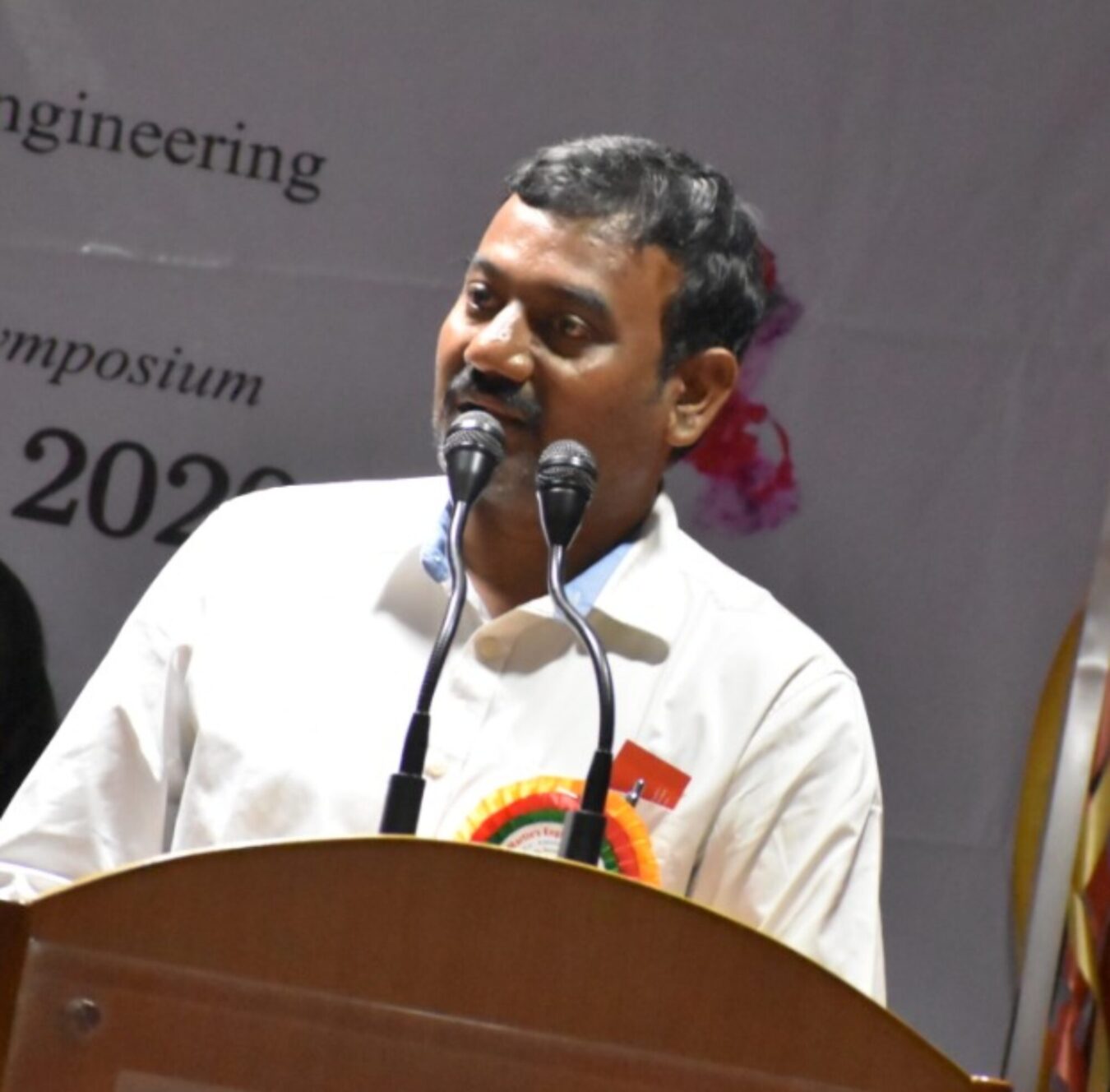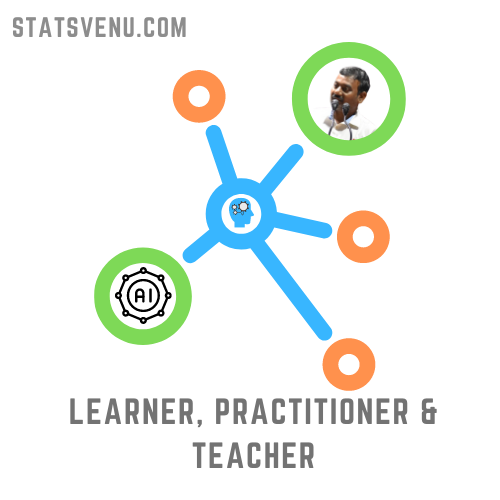Causal effect refers to the relationship between two variables, where one variable (the cause) influences the other variable (the effect). The causal effect measures the impact of the cause on the effect, controlling for other possible factors that may influence the effect.
There are several models used to estimate causal effects, including:
Randomized Controlled Trials (RCTs): In RCTs, subjects are randomly assigned to either a treatment group or a control group. The causal effect is estimated by comparing the outcomes between the two groups.
Difference-in-Differences (DID): DID is a quasi-experimental method that compares the change in outcomes over time between a treatment group and a control group. The causal effect is estimated by comparing the difference in outcomes between the two groups before and after the treatment.
Regression Discontinuity Design (RDD): RDD is a quasi-experimental method that compares the outcomes of subjects just above and below a predetermined cutoff point. The causal effect is estimated by comparing the differences in outcomes between the two groups.
Instrumental Variables (IV): IV is a method that uses an instrument, which is a variable that affects the treatment but not the outcome directly, to estimate the causal effect. The causal effect is estimated by comparing the outcomes between the treated and control groups, adjusting for the effect of the instrument on the treatment.
Propensity Score Matching (PSM): PSM is a method that matches subjects in the treatment group to subjects in the control group who have similar propensity scores, which are the predicted probabilities of being in the treatment group based on observed covariates. The causal effect is estimated by comparing the outcomes between the matched pairs.
These models are used to estimate causal effects in different types of studies and contexts, depending on the research question and available data.



